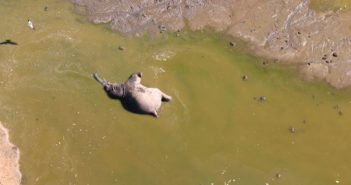
Over 400 Elephants Perish in Botswana Mystery Mass Die-off
The carcasses of more than 400 elephants have been discovered in Botswana and nobody yet knows what’s killing them. The government appears to be dragging its heels in pursuit of answers.

The carcasses of more than 400 elephants have been discovered in Botswana and nobody yet knows what’s killing them. The government appears to be dragging its heels in pursuit of answers.

How would universal basic income benefit vegans and the fight for animal protection?
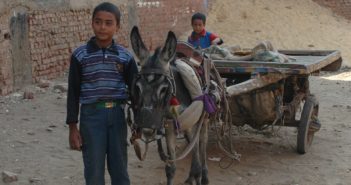
Recognizing the connections between animal protection and the SDGs can help advocates maximize impact, win government support, and collaborate with other stakeholders.
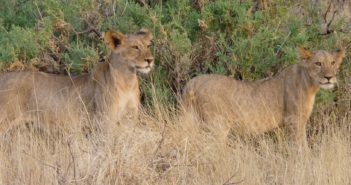
Sustainable use has ensured the international commercialization of biodiversity, and determined that price and trade be the arbiter of what value each species holds.

Instead of despairing that the loss of economic growth is the end of civilization, we should embrace these limits and get to work building a new society.

Taking animal rights seriously means starting at the beginning, limiting the power and influence our species exerts. If we care about animals, we should have smaller families.

ANIMAL PEOPLE affirms that Black Lives Matter, and calls on animal protection activists to also stand up for human rights in the face of oppression and persecution.
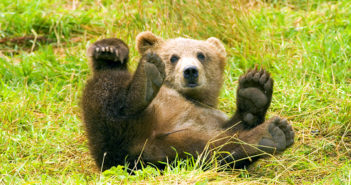
In the United States, wild bears are being killed for their gallbladders due to the global bear bile trade.
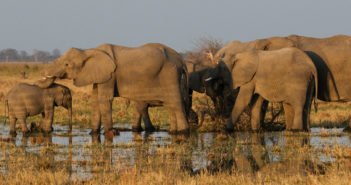
Irked by opposition to its decision to reopen elephant trophy hunting, the Botswanan government has become increasingly strident and populist in defense of its actions.
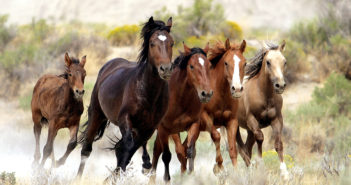
A seasoned animal advocate discusses what she’s learned from decades of working to help animals in a variety of ways, from fighting for legislative changes to saving dogs from post-Katrina floods.
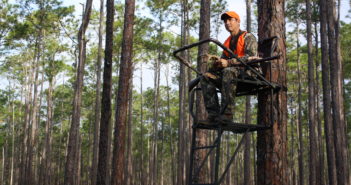
The notion that Earth is here for our use and pleasure is deeply embedded in our collective assumption. We have to rebalance our relationship with the natural world. COVID-19 is a warning of what happens when we don’t.
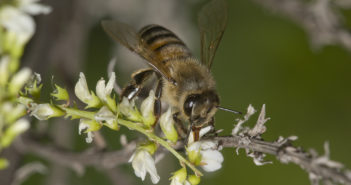
There have been unprecedented declines in pollinator populations in recent years, largely due to pesticide use and habitat loss. Here’s what you can do to help.